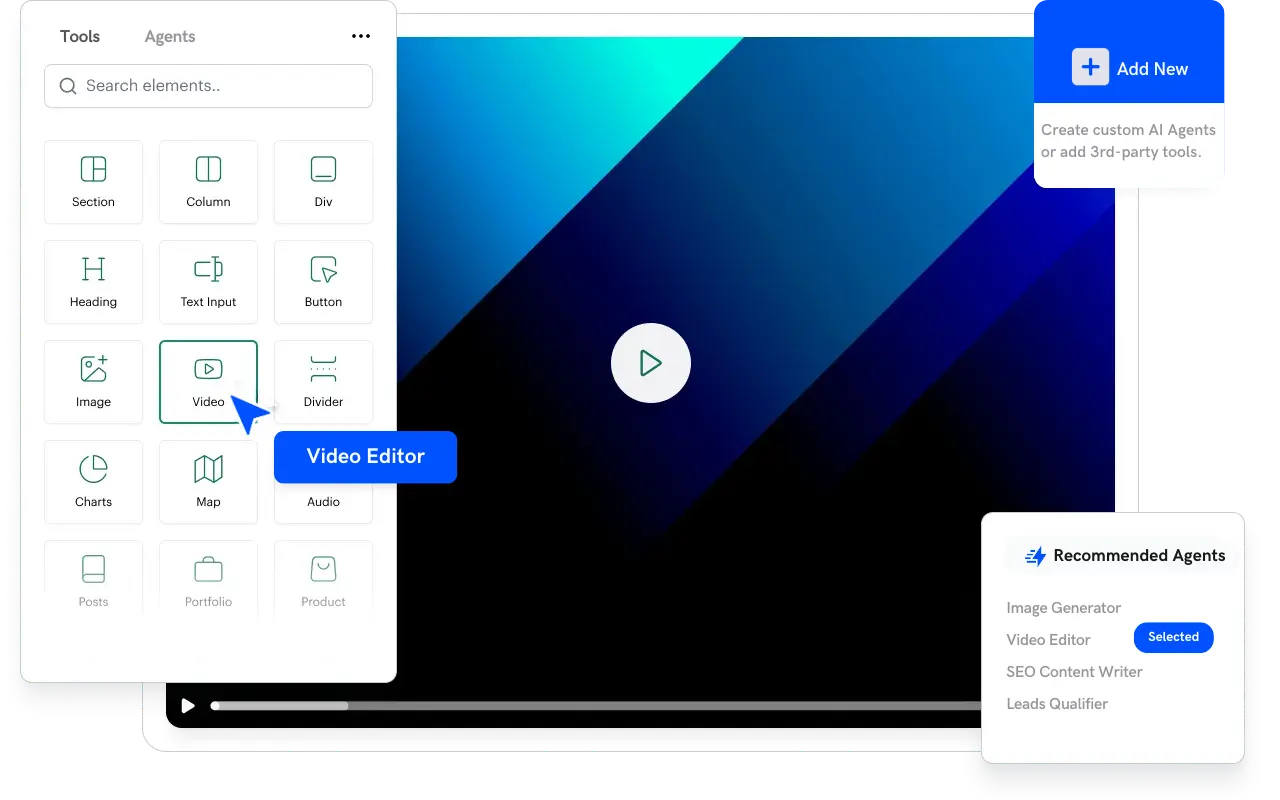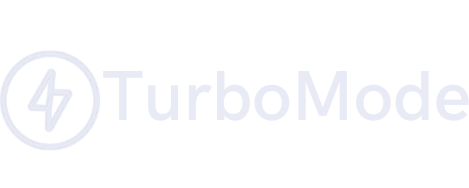Predictive analytics is emerging as a cornerstone of modern team performance management. With AI at its core, predictive analytics transforms the way organizations forecast outcomes and make strategic decisions. By leveraging historical data, advanced algorithms, and real-time inputs, AI systems can provide remarkably accurate predictions about team performance, helping businesses to proactively address potential challenges before they escalate.
One of the key benefits of predictive analytics is its ability to identify patterns that may indicate future performance issues. Traditional methods of performance evaluation often rely on periodic reviews that provide only a snapshot in time. In contrast, AI-driven predictive models continuously analyze data from various sources—ranging from project timelines to communication logs—and flag early warning signs of potential delays or inefficiencies. For example, if a particular project consistently experiences setbacks at a certain stage, predictive analytics can alert managers to this trend, enabling them to implement corrective measures well in advance.
Another significant advantage is the enhanced accuracy of forecasting outcomes. AI systems can process massive amounts of data far more quickly and accurately than a human ever could. As these systems learn from past experiences, their predictions become increasingly reliable. Research featured in Harvard Business Review indicates that companies using predictive analytics see not only improved project outcomes but also a significant reduction in operational risks. This improved accuracy allows managers to allocate resources more effectively, ensuring that teams are well-prepared for any eventuality.
Predictive analytics also plays a crucial role in optimizing team productivity. By forecasting workload trends and identifying potential bottlenecks, AI can recommend adjustments that keep teams operating at peak efficiency. For instance, if data suggests that a team is likely to become overwhelmed during a particular phase of a project, the AI system can suggest redistributing tasks or temporarily assigning additional support. This proactive approach prevents burnout and ensures that projects remain on schedule, ultimately leading to better overall performance.
Moreover, the insights provided by predictive analytics extend beyond immediate operational improvements. They also offer a strategic advantage by informing long-term planning and resource management. With detailed predictions on team performance, organizations can identify which processes work well and which need further refinement. This ongoing analysis not only enhances current productivity but also builds a foundation for continuous improvement and innovation. Companies that have integrated predictive analytics into their management strategies report a marked increase in efficiency and a more agile approach to problem-solving.
In summary, predictive analytics powered by AI is transforming how organizations forecast team performance and manage resources. Its ability to analyze vast datasets, predict future outcomes, and provide actionable insights makes it an indispensable tool for modern businesses. By adopting these technologies, companies are better positioned to make informed decisions, optimize workflows, and maintain a competitive edge in an increasingly data-driven world.
We’re shifting the game from managing work to getting work done—helping teams become 10x more productive with automation and AI-driven workflows.
Be the First to Try It!
Want to see how TurboMode AI transforms productivity? Book a demo today and be among the first to experience AI-powered task execution.




